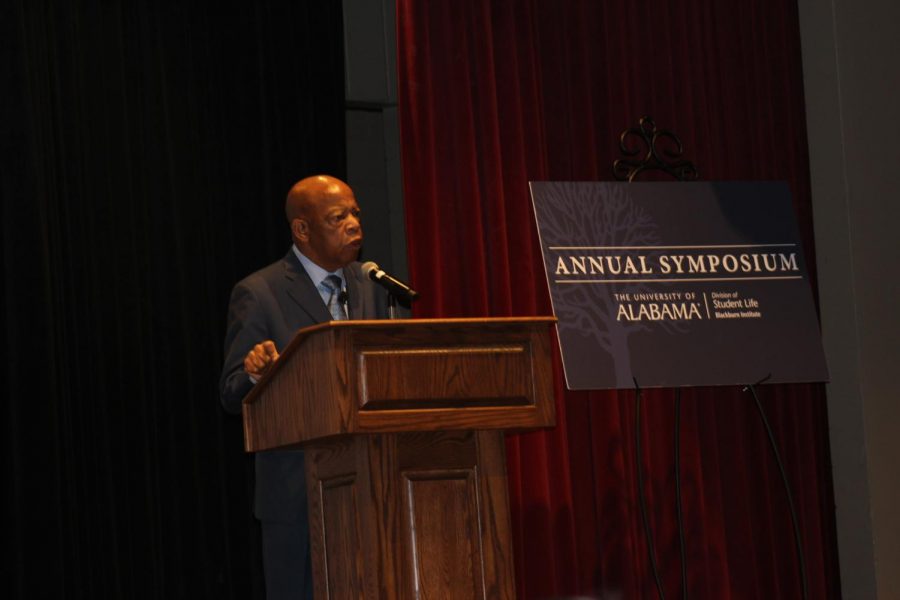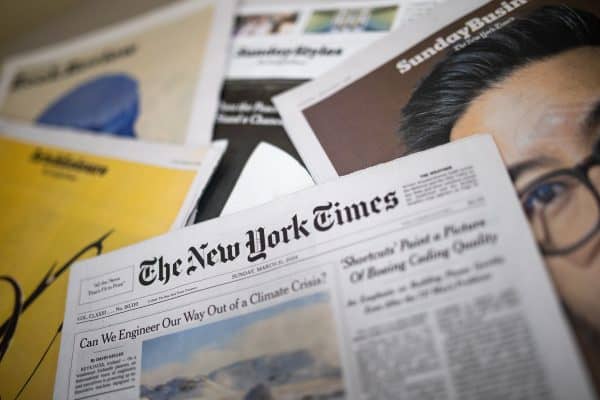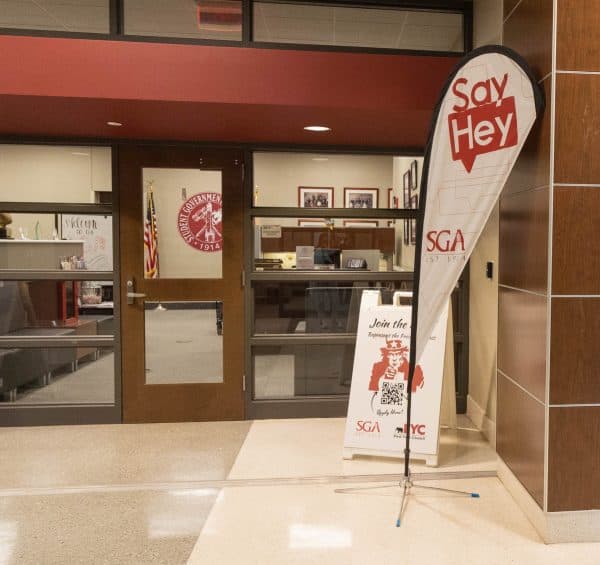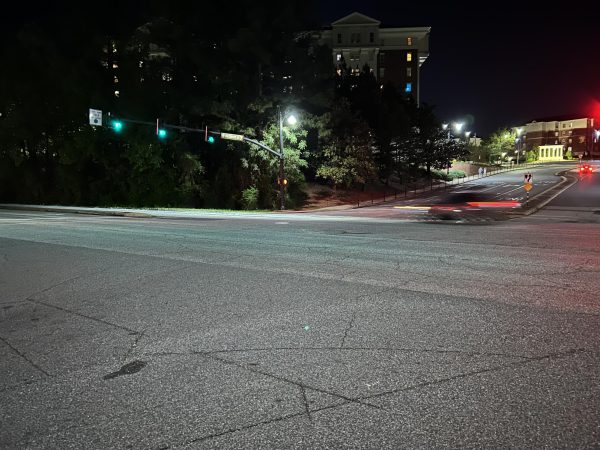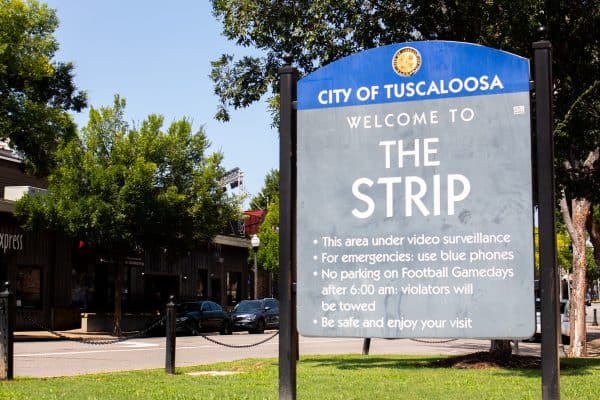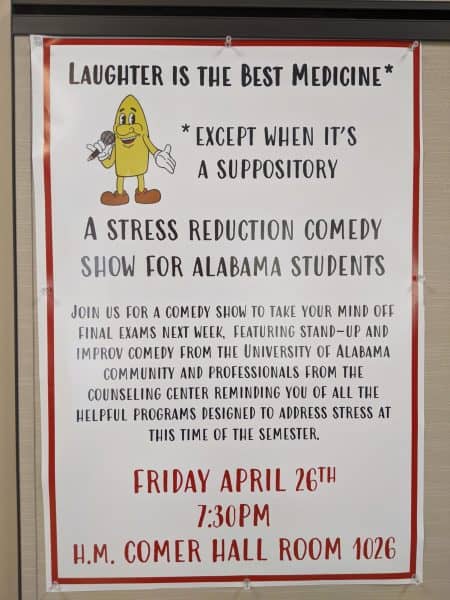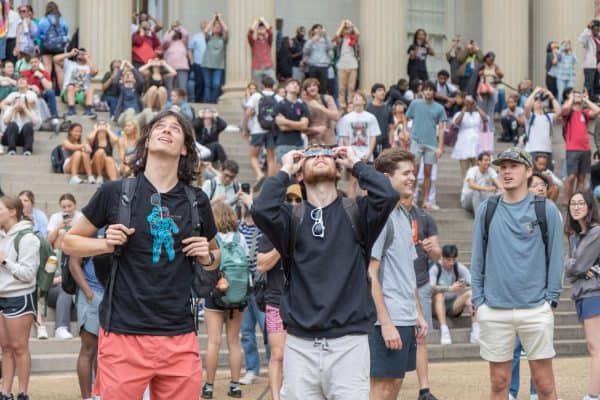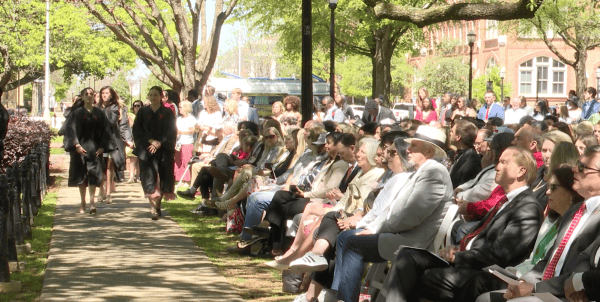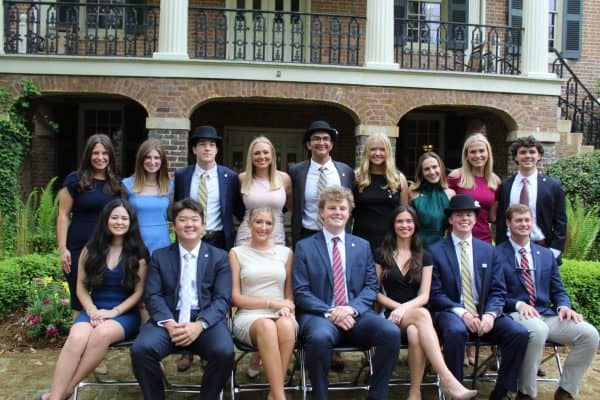Why vote? Here’s what some civil rights legends would say
Earning the right to vote was no small feat for African Americans
More stories from Monica Nakashima
Former U.S. Congressman John Lewis speaks at a Blackburn Institute event on campus in 2019.
John Lewis preached making good trouble. For the late Congressman and civil rights activist, that meant fighting for a basic right: the right to vote.
With Election Day less than a week away, a panel of professors discussed the risks Lewis, and many other Americans, had to endure during the civil rights era to ensure voting freedoms for all.
Students, faculty and staff were invited to attend “What would John Lewis do? Vote!,” a Zoom event organized by the Division of Diversity, Equity and Inclusion (DEI). The meeting was named after the deceased Alabama civil rights leader John Lewis, who was a member of the March on Washington’s “Big Six.”
The event focused on one main question: “Why vote?”
Discussions focused specifically on the evolution of voting in America, how the electoral college works and the media and election coverage.
The panel was moderated by Vice President for DEI G. Christine Taylor and featured four UA professors: associate professor of American studies Ellen Griffith Spears, associate professor of history John Giggie, professor of political science Richard Fording and professor of journalism and creative media George Daniels.
Trailblazers
With 2020 being the centennial of the ratification of the 19th Amendment, Spears discussed how the women’s suffrage movement was both revolutionary and inhibiting. The bill fell short of reaching its full potential because African American activists were pushed to the side when victory was won.
Spears said despite campaigning alongside white suffragists like Susan B. Anthony for 70 years, African American women were lost to history because they were snubbed out of the picture.
“Many people… may not be as familiar with African American women suffragists who campaigned vigorously for the 19th Amendment.” Spears said. “People like Mary Ann Shadd Cary, Frances Ellen Watkins Harper, Mary Church Terrill, Nannie Helen Burroughs… Ida B. Wells, to name just a few.”
Amelia Boynton Robinson was one of the main organizers of the march later known as Bloody Sunday, alongside John Lewis. She fought continuously for voter’s rights until her death at the age of 104.
Vivian Malone Jones, who helped desegregate the University of Alabama, was also a close associate of John Lewis. Both activists were directors of the Voter Education Project which worked to extend the promises of the Voting Rights Act of 1965. The project raised and distributed funds to civil rights organizations for voter education and registration in the South from 1962 to 1992.
Unita Blackwell and her husband both lost their jobs after registering to vote in 1964. A little over a decade later, she became Mississippi’s first African American woman mayor.
Giggie reflected on a recent conversation with an older Tuscaloosa resident who was an avid leader during the civil rights movement and marched from Selma to Montgomery. Giggie asked how he worked up the courage to fight for his freedom.
“As a Black man in Alabama in the 1960s, I was already dead,” the man said, according to Giggie. “They couldn’t kill me twice.”
The Electoral College
Fording broke down the electoral college for viewers who might be unaware of its function in American government.
In 48 states, the electoral votes are counted in a “winner takes all” fashion, he explained. The two exceptions are Maine and Nebraska, which allocate a certain amount of their votes to congressional district bases.
The Electoral College total is 538, made up of 435 Representatives, 100 Senators, and the three electoral votes held by the District of Columbia. A presidential candidate needs at least 270 electoral votes to win an election.
While ten states hold 54% of the country’s population, they only account for 44% of electoral votes. This is why the ‘popular vote’ winner can sometimes not win the election.
This year’s election results may be slower to calculate than previous years due to the influx of absentee voting throughout many states. Some states can’t count absentee votes before Election Day or even before polls close. But Florida, Arizona, Ohio, Michigan and Wisconsin are all important swing states that can count absentee ballots before Election Day, he noted.
The First Draft of History
As a longtime journalist, Daniels is no stranger to the anxiety of Election Day.
“In the world of journalism and mass media, there is no comparison to election night,” he said.
Along with the importance of voting, Daniels said, comes the responsibility to stay informed. He stressed that voting isn’t just focused on the presidential level, and the amendments on ballots are also important to report on beforehand.
As the day draws in closer and closer, news can shift topics from long lines at absentee voting areas, getting audiences informed on the candidates and ballot processing, to calculating predictions based on exit polling. Daniels urged viewers to observe multiple media outlets for information as Election Day draws closer.
Voting resources are available for free via The University of Alabama’s Diversity, Equity and Inclusion website.

